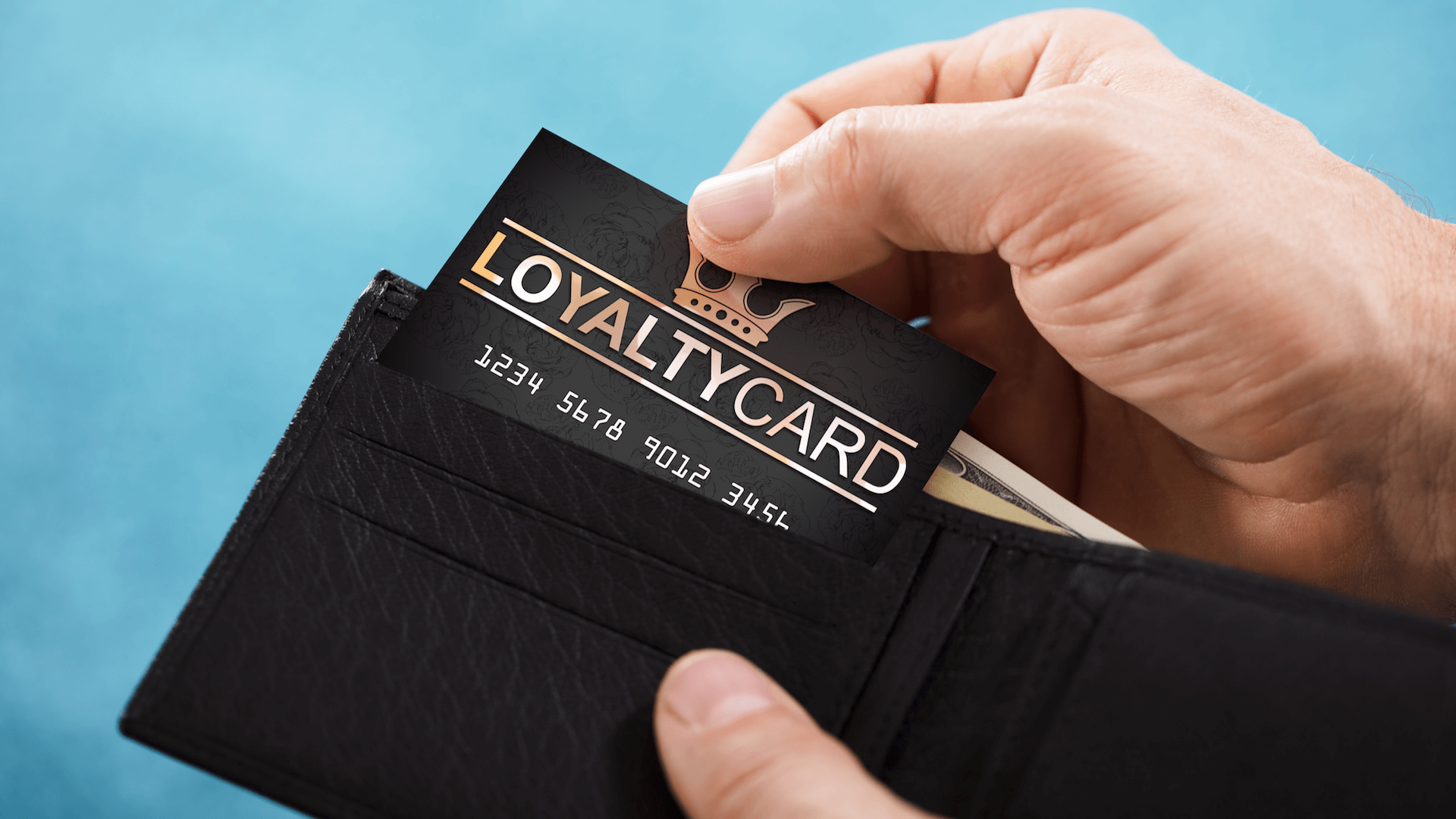An expert on loyalty programs has a warning for blockchain startups
If you’re thinking of setting up a universal currency exchange for loyalty points, says a marketing exec, you’re working against the interests of brands.

A variety of blockchain startups, such as the Lichtenstein-based DigitalBits Project, are looking to employ the protocol’s tokens to reinvent loyalty programs.
Many of the startups envision a marketplace where loyalty points become a kind of cryptocurrency, exchangeable between the loyalty programs offered by brands.
In most cases, brands would have to participate in the marketplace, supposedly because it makes their rewards more valuable. Many loyalty points reportedly go unredeemed.
But, says one loyalty program expert, such universal loyalty currencies are a bad idea for brands.
They may be a good deal for consumers, acknowledges Howard Schneider, VP of loyalty strategy at Kobie Marketing in St. Petersburg, Florida.
After all, it would mean, for example, that consumers who had extra loyalty points from Starbucks could easily exchange them for discounts at Walgreens.
A universal loyalty market could work for the blockchain startups, since they keep a percentage of the trades or receive other fees from participating brands.
But, Schneider notes, the kind of universal marketplace that is being proposed by DigitalBits and others runs counter to the core reason why a brand launches a loyalty program in the first place.
‘Not just a thank-you’
A brand’s loyalty program, he pointed out, is designed so that consumers get a benefit from shopping with the brand. But the benefit, he noted, only helps the brand if it is redeemed at the brand.
So, points for buying coffee at Starbucks help the brand because the consumer redeems the points at Starbucks. A regularly returning customer is gold for the brand.
A brand can also benefit, he said, if the points are redeemable within a group — but only if the brand gets exclusivity in its category. A group might contain, for instance, a clothing retailer, a bookstore, a drug store and Starbucks. American Express reward points, to take another example, can be redeemed for Delta air miles or Hilton points.
He pointed to a large “closed loop” of brands in Western Europe called Nectar, where there is category exclusivity. And Schneider noted that, while there are open marketplaces for air miles, they are small and have little effect on major loyalty programs.
Either brand-only loyalty points, or loyalty points within a group that has category exclusivity, work in a blockchain-based marketplace, Schneider told me. Even without marketplaces, he said he expects blockchain tech to be used behind loyalty programs as secure, distributed ledger systems.
But a universal loyalty marketplace where any points can be exchanged for any points means that the brand doesn’t get the benefit of a loyalty program, he said. It becomes a kind of discount program, where buying a $4 coffee gets you 25 cents toward another coffee — which you might be able to redeem at Peet’s coffeehouse.
In Schneider’s view, that’s not a loyalty program.
“A loyalty program is not just a thank-you,” he said. It’s an incentive to “spend $8 more at the [same] brand.”
Contributing authors are invited to create content for MarTech and are chosen for their expertise and contribution to the martech community. Our contributors work under the oversight of the editorial staff and contributions are checked for quality and relevance to our readers. The opinions they express are their own.
Related stories
New on MarTech